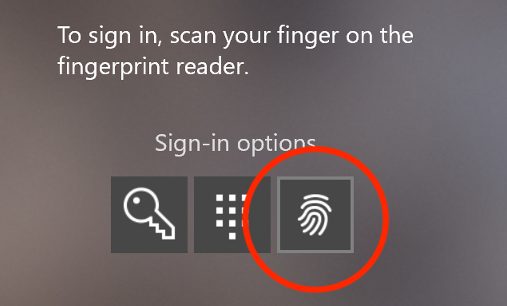
Critical Flaws Uncovered in Windows Hello Fingerprint Authentication
Blackwing Intelligence, a specialized cybersecurity firm, was recently commissioned by Microsoft to assess the security of leading fingerprint sensors embedded in laptops for Windows Hello authentication.

Focused on high-end hardware and software security, the researchers conducted an evaluation of three prominent fingerprint sensors found in laptops manufactured by Dell, Lenovo, and Microsoft’s Surface Pro series.
Following three months of meticulous research, they uncovered significant vulnerabilities in all three fingerprint sensors, enabling the complete bypass of Windows Hello authentication systems.
The evaluated laptops included the following:
- Dell Inspiron 15
- Lenovo ThinkPad T14
- Microsoft Surface Pro Type Cover with Fingerprint ID
The revelation of three reliable bypasses in Windows Hello authentication showcases the critical nature of these vulnerabilities.

Biometric authentication serves as a convenient login method, particularly beneficial in mobile settings. It offers users the ability to opt for longer passwords for data protection while enjoying easy device access throughout the day.
While Microsoft’s Secure Device Connection Protocol (SDCP) aimed to establish a secure link between hosts and biometric devices, manufacturers seem to misconstrue its objectives.
Moreover, SDCP’s coverage is limited and does not encompass the broader attack surface of most devices.
An alarming discovery was that two out of the three targeted devices lacked enabled SDCP, amplifying concerns regarding device security lapses.
The findings from Blackwing Intelligence raise serious questions about the efficacy of Windows Hello fingerprint authentication in ensuring robust security measures.

